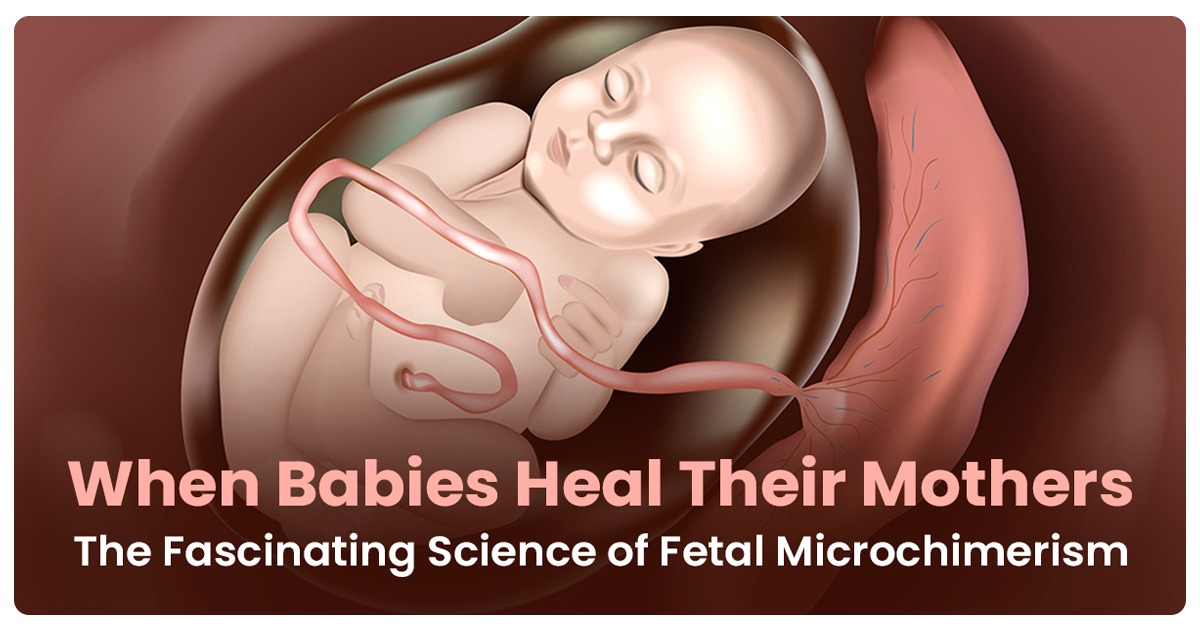Every year, March 21st marks World Down Syndrome Day, a time to raise awareness about Down syndrome and the importance of early detection and informed decision-making during pregnancy. For expecting parents, prenatal screening plays a crucial role in understanding the baby’s health and identifying genetic conditions like Down syndrome (Trisomy 21).
Advancements in medical technology have made it possible to detect Down syndrome early through non-invasive and diagnostic tests. In this article, we’ll explore the key prenatal screening options, including NIPT (Non-Invasive Prenatal Testing) and Amniocentesis, to help parents make informed choices.
What is Down Syndrome?
Down syndrome is a genetic condition caused by an extra copy of chromosome 21. This extra genetic material affects development, leading to intellectual disabilities, characteristic facial features, and possible health complications such as heart defects and developmental delays.
While any pregnancy can be affected, the risk increases with maternal age, particularly in women over 35 years. Early detection through prenatal screening and diagnostic tests allows parents to prepare medically and emotionally for the journey ahead.
Prenatal Screening for Down Syndrome
Expecting parents have access to two types of tests during pregnancy:
- Screening Tests – Estimate the likelihood of Down syndrome without confirming the diagnosis.
- Diagnostic Tests – Provide a definitive diagnosis by analyzing fetal genetic material.
Non-Invasive Prenatal Testing (NIPT): The First Step
NIPT is a highly accurate screening test that analyzes fetal DNA in the mother’s blood as early as 10 weeks of pregnancy.
🔹 How It Works: A simple blood draw from the mother detects the likelihood of chromosomal abnormalities, including Down syndrome (Trisomy 21), Trisomy 18, and Trisomy 13.
🔹 Accuracy: More than 99% detection rate for Down syndrome, with minimal risk to the baby.
🔹 Who Should Consider It? All pregnant women, especially those over 35 years or with a family history of genetic conditions.
While NIPT is a screening test and does not confirm Down syndrome, a positive result may lead to further diagnostic testing for confirmation.
Diagnostic Testing: Amniocentesis for Confirmation
If NIPT indicates a high risk or if parents need a definitive diagnosis, a diagnostic test like amniocentesis may be recommended.
🔹 Amniocentesis: A procedure where a small sample of amniotic fluid is extracted using a thin needle, usually performed between 15-20 weeks of pregnancy.
🔹 Chorionic Villus Sampling (CVS): A similar test performed earlier (10-13 weeks) that collects placental tissue.
🔹 Accuracy: Close to 100%, as these tests analyze the baby’s actual genetic material.
🔹 Risk: Slight risk of miscarriage (less than 1%), which is why these tests are usually done when screening results indicate a high likelihood of Down syndrome.
Making an Informed Decision
Deciding whether to undergo prenatal screening or diagnostic testing is a personal choice. Some parents opt for early detection to prepare emotionally and medically, while others may choose to wait until birth. Genetic counseling can help families understand test results and their implications.
Key Takeaways:
✔ NIPT is a safe, early screening option with high accuracy.
✔ Amniocentesis and CVS confirm Down syndrome but come with a small risk.
✔ Genetic counseling can provide guidance for expectant parents.
Final Thoughts
World Down Syndrome Day reminds us that every child deserves love, support, and opportunity. Early detection empowers parents with knowledge, allowing them to make informed decisions about their pregnancy and prepare for the future.
For expecting parents considering prenatal screening, consulting with a doctor or genetic counselor can provide clarity on the best path forward.





